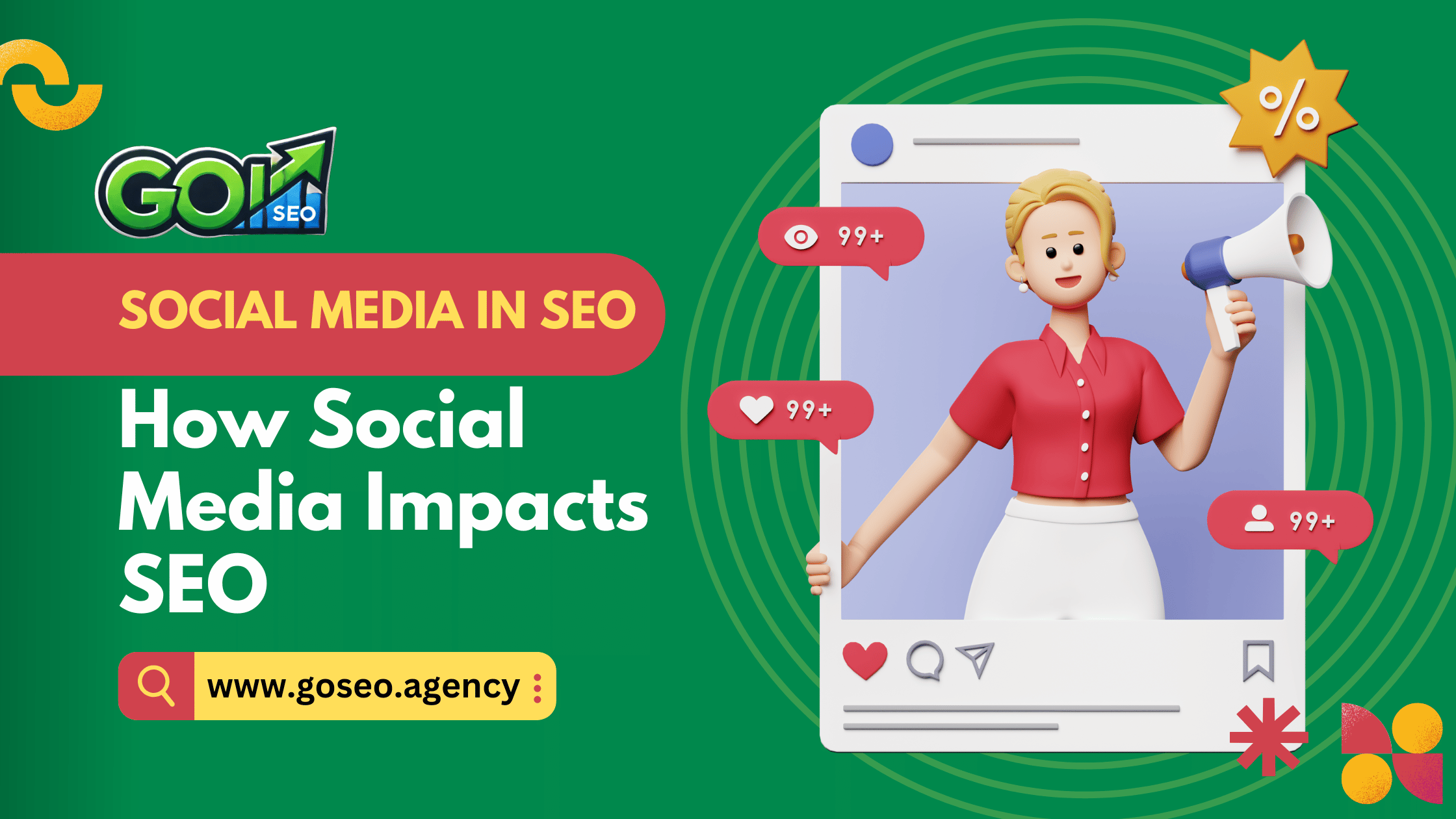Social media and SEO are two essential pillars of digital marketing, and while they function differently, they are interconnected in many ways. While social media is not a direct ranking factor for search engines like Google, it plays a significant role in enhancing your overall SEO efforts. This article explores how social media impacts SEO and offers actionable tips for businesses to integrate social media into their SEO strategy effectively.
How Social Media Impacts SEO
1. Social Signals
Social signals refer to activities like likes, shares, comments, and overall engagement on social media platforms. While these signals may not directly influence search engine rankings, they indicate content relevance and popularity, which can lead to increased visibility and traffic.
2. Content Distribution and Backlinks
Social media acts as a powerful distribution channel for your content. By sharing blog posts, videos, and other content, you increase the chances of it being seen, shared, and linked to by others. High-quality backlinks from credible sources are a critical ranking factor in SEO.
3. Increased Brand Awareness
A strong social media presence enhances brand recognition. When users search for your brand online after discovering it on social media, it can improve branded search queries and indirectly boost your SEO performance.
4. Driving Traffic
Social media platforms can drive significant referral traffic to your website. Increased traffic signals to search engines that your site is valuable and relevant, which can positively impact rankings.
5. Local SEO Benefits
For local businesses, social media platforms like Facebook and Instagram can enhance local visibility. Regularly updating your business profile and engaging with local audiences can complement your local SEO strategy.
Tips to Leverage Social Media for Better SEO
1. Optimize Social Media Profiles
- Use consistent branding and include relevant keywords in your profiles.
- Add links to your website in the bio or about section.
- Ensure your profiles are complete and professional.
2. Create Shareable Content
- Focus on producing high-quality, engaging content that resonates with your audience.
- Use visuals like images, videos, and infographics to increase shareability.
- Include social sharing buttons on your website to make it easy for users to share your content.
3. Engage with Your Audience
- Respond to comments and messages promptly to build trust and loyalty.
- Encourage discussions and user-generated content to increase engagement.
- Participate in relevant communities and groups to expand your reach.
4. Leverage Hashtags and Keywords
- Use relevant hashtags to increase the visibility of your posts.
- Incorporate keywords in your captions and descriptions to align with your SEO strategy.
5. Promote Blog Posts and Articles
- Share your blog posts and articles on social media platforms to drive traffic to your website.
- Use compelling headlines and snippets to encourage clicks.
- Repurpose blog content into social-friendly formats like short videos or carousel posts.
6. Collaborate with Influencers
- Partner with influencers in your niche to amplify your content’s reach.
- Influencers can share your content with their followers, increasing its visibility and potential for backlinks.
7. Track Performance and Adjust
- Use analytics tools to monitor the performance of your social media campaigns.
- Identify which platforms and content types drive the most traffic and engagement.
- Continuously refine your strategy based on data insights.
Integrating Social Media into Your SEO Strategy
To maximize the synergy between social media and SEO, businesses should:
- Align social media goals with SEO objectives.
- Ensure consistent messaging and branding across platforms.
- Use social media to promote evergreen content that continues to attract traffic over time.
- Foster a community of loyal followers who actively engage with and share your content.
Conclusion
While social media may not directly influence search engine rankings, its role in driving traffic, building brand awareness, and generating backlinks makes it a powerful ally for SEO. By integrating social media into your digital marketing strategy, you can create a comprehensive approach that amplifies your online presence and helps you achieve your business goals.




